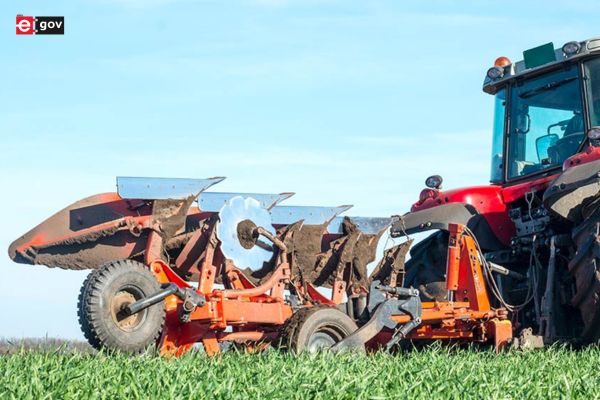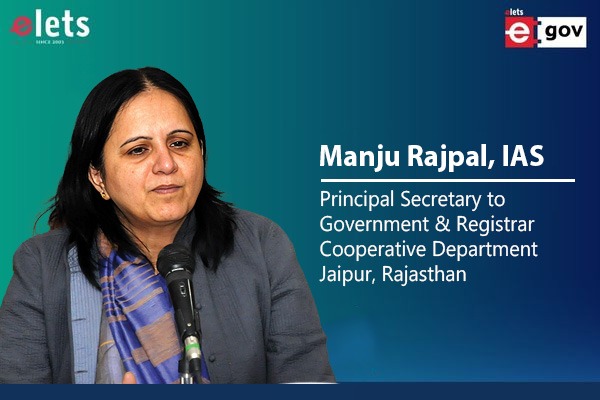
Infrastructure development is the backbone of a nation’s growth, driving economic progress and enhancing the quality of life for its citizens. However, this growth often comes at a cost, particularly when it involves extensive digging activities for construction, restructuring, and other developmental projects. In India, where such activities are a constant part of the landscape, the damage to underground utility assets, including telecommunication lines, water pipes, gas lines, and electricity cables, has become a significant concern. Addressing this challenge, the Department of Telecommunication, Government of India, has introduced the “Call Before u Dig (CBuD)” initiative—a digital platform aimed at minimising these damages and promoting seamless coordination between digging agencies and utility asset owners.
The Need for CBuD: A Persistent Problem
India’s rapid urbanisation and infrastructure development have necessitated continuous digging and re-digging across the country. Unfortunately, this has led to the inadvertent damage of underground utility assets.

According to recent data, there is nearly 1 million optical fiber cable (OFC) cuts annually in the telecom sector alone, resulting in an estimated loss of ₹3,000 crores. These damages not only lead to significant financial losses for utility owners but also cause considerable inconvenience to the public, including disruptions in essential services.

The root cause of these frequent damages is often the lack of communication between the digging agencies and the owners of the underground utilities. In many cases, digging activities commence without proper coordination or prior knowledge of the existing underground infrastructure, leading to avoidable disruptions and economic losses.

The CBuD Initiative: A Technological Solution
The “Call Before u Dig (CBuD)” initiative is a response to this persistent issue. Launched by the Department of Telecommunication, the CBuD platform is designed to facilitate better communication and coordination between digging agencies and underground utility asset owners. The platform is accessible both as a mobile application and an online portal, making it user-friendly and easily accessible for stakeholders involved in infrastructure projects.
The CBuD app functions as a one-stop solution where digging agencies can notify utility owners about planned digging activities. In turn, utility owners can provide accurate information about the location of their assets, allowing for careful planning and execution of digging operations.
This proactive approach helps in significantly reducing the risk of damage to underground utilities, thereby saving costs and ensuring the uninterrupted delivery of essential services.
Recent Developments and Government Support
The Government of India has been actively promoting the use of the CBuD platform as part of its broader digital transformation and infrastructure protection efforts. In line with the “Digital India” initiative, the government is encouraging all stakeholders, including private contractors, government agencies, and utility providers, to integrate the CBuD system into their operations.
Recent policies and guidelines have been issued to ensure that all digging activities are preceded by a mandatory CBuD check. This policy shift reflects the government’s commitment to protecting critical infrastructure while facilitating the smooth execution of development projects. The adoption of the CBuD platform is expected to grow rapidly, with more than 25,000 registered users across the country and increasing daily usage rates.

In Maharashtra, the state government has been particularly proactive in implementing the CBuD initiative. The Maharashtra government, through its IT department, has been working closely with the Department of Telecommunication to promote the use of CBuD among local authorities and contractors. The state has also launched awareness campaigns to educate stakeholders about the importance of using the platform to avoid damage and ensure public safety.
Case Study: CBuD in Maharashtra
Maharashtra, one of India’s most industrially advanced states, has seen a significant uptake in the use of the CBuD platform. The state has been a frontrunner in adopting digital solutions for governance and infrastructure management. In Mumbai, for instance, the Municipal Corporation has made it mandatory for all contractors to use the CBuD app before undertaking any digging work. This has led to a noticeable reduction in the number of incidents involving damage to underground utilities.
The success of CBuD in Maharashtra can be attributed to the collaborative efforts between the state government, the Department of Telecommunication, and various stakeholders involved in infrastructure projects. The state’s proactive approach serves as a model for other regions in India, highlighting the benefits of digital coordination tools in preventing infrastructural damages and enhancing overall project efficiency.
The Economic and Social Impact of CBuD
The introduction of CBuD has far-reaching implications beyond protecting underground utilities. Economically, it helps save billions of rupees in repair costs and revenue loss due to service disruptions. By preventing damage to essential services like telecommunications, electricity, and water supply, CBuD contributes to the overall stability and reliability of these services, which are crucial for both businesses and households.
From a social perspective, the platform also enhances public safety. Damages to gas pipelines, for example, can lead to dangerous leaks and explosions, posing serious risks to human lives. By ensuring that digging activities are well-informed and carefully planned, CBuD helps mitigate such risks, safeguarding communities and promoting public confidence in infrastructure projects.
Looking Ahead: The Future of CBuD
As India’s infrastructure development continues to accelerate, the importance of protecting underground utilities cannot be overstated. The CBuD initiative is a critical step in this direction, offering a practical and technologically advanced solution to a long-standing problem. The government’s ongoing support, combined with increasing awareness and adoption among stakeholders, suggests that CBuD will play an increasingly vital role in India’s infrastructure landscape.
In the future, we can expect further enhancements to the CBuD platform, including integration with advanced mapping technologies and real-time data analytics. These innovations will make the platform even more effective in preventing damages and optimising the coordination between digging agencies and utility owners.
Moreover, as more states follow Maharashtra’s lead in adopting and promoting the CBuD platform, the benefits will become more widespread, leading to a significant reduction in infrastructure-related disruptions nationwide. The “Call Before u Dig” initiative represents not just a technological advancement but a fundamental shift towards smarter, safer, and more sustainable infrastructure development in India.
Conclusion
The “Call Before u Dig (CBuD)” initiative is a testament to India’s commitment to leveraging technology for better governance and infrastructure management. By fostering coordination between digging agencies and underground utility owners, CBuD is helping to prevent costly damages and ensuring that India’s infrastructure development proceeds smoothly and safely. As the platform continues to evolve and expand, it will undoubtedly become an indispensable tool in the country’s journey towards sustainable growth and development.
Be a part of Elets Collaborative Initiatives. Join Us for Upcoming Events and explore business opportunities. Like us on Facebook , connect with us on LinkedIn and follow us on Twitter, Instagram.
"Exciting news! Elets technomedia is now on WhatsApp Channels Subscribe today by clicking the link and stay updated with the latest insights!" Click here!













